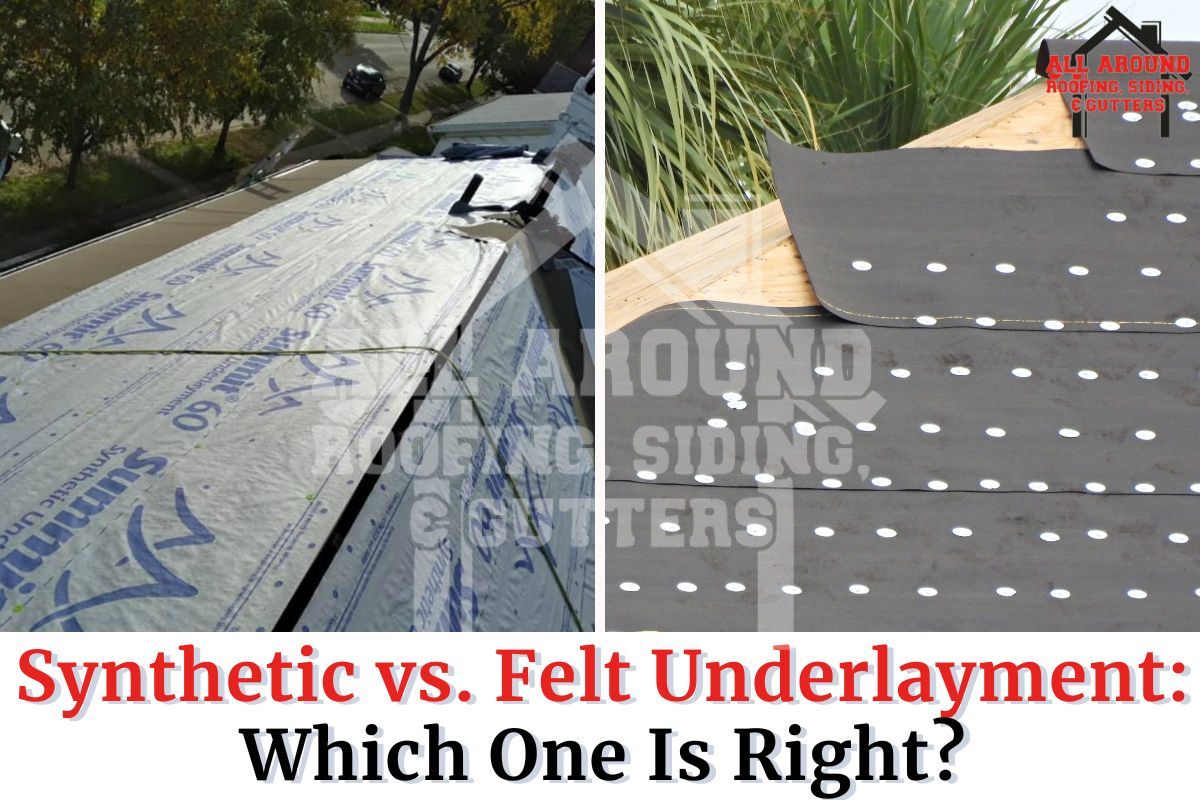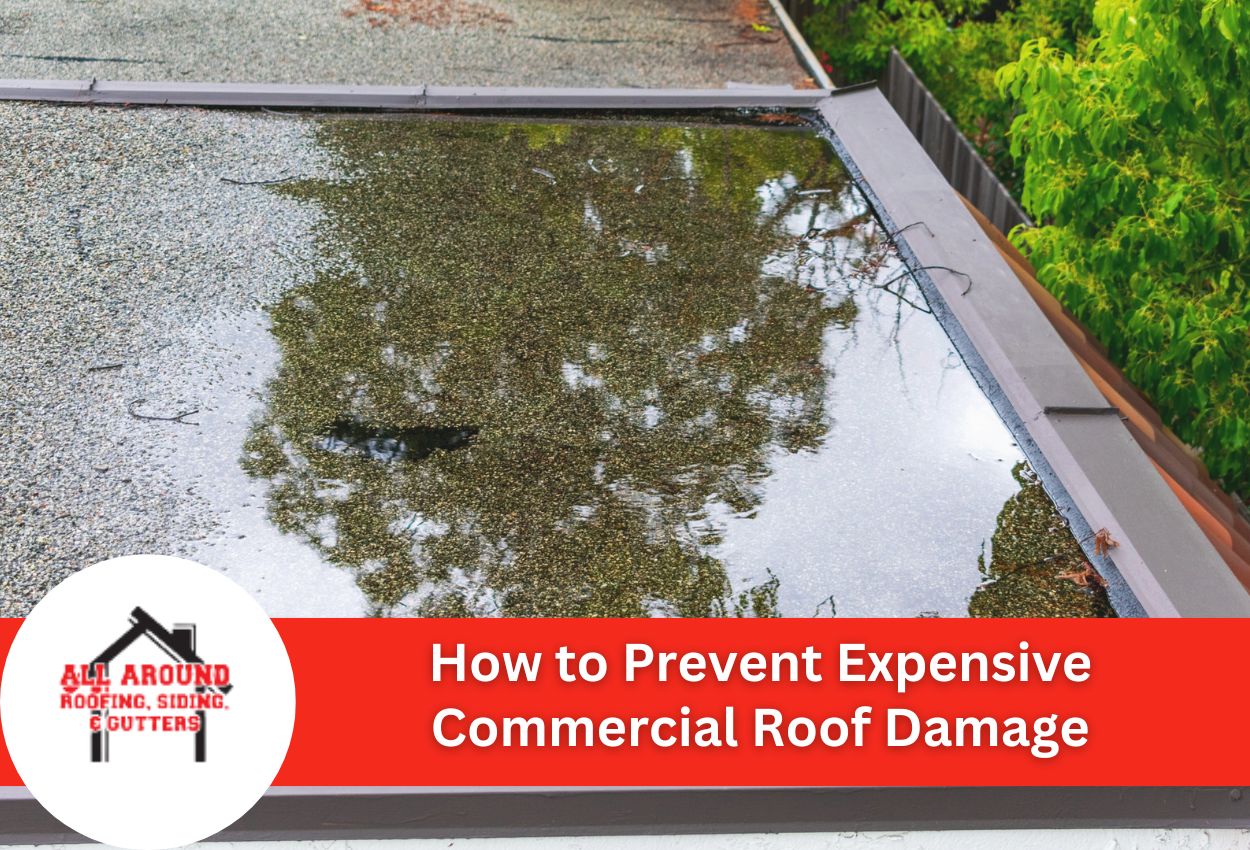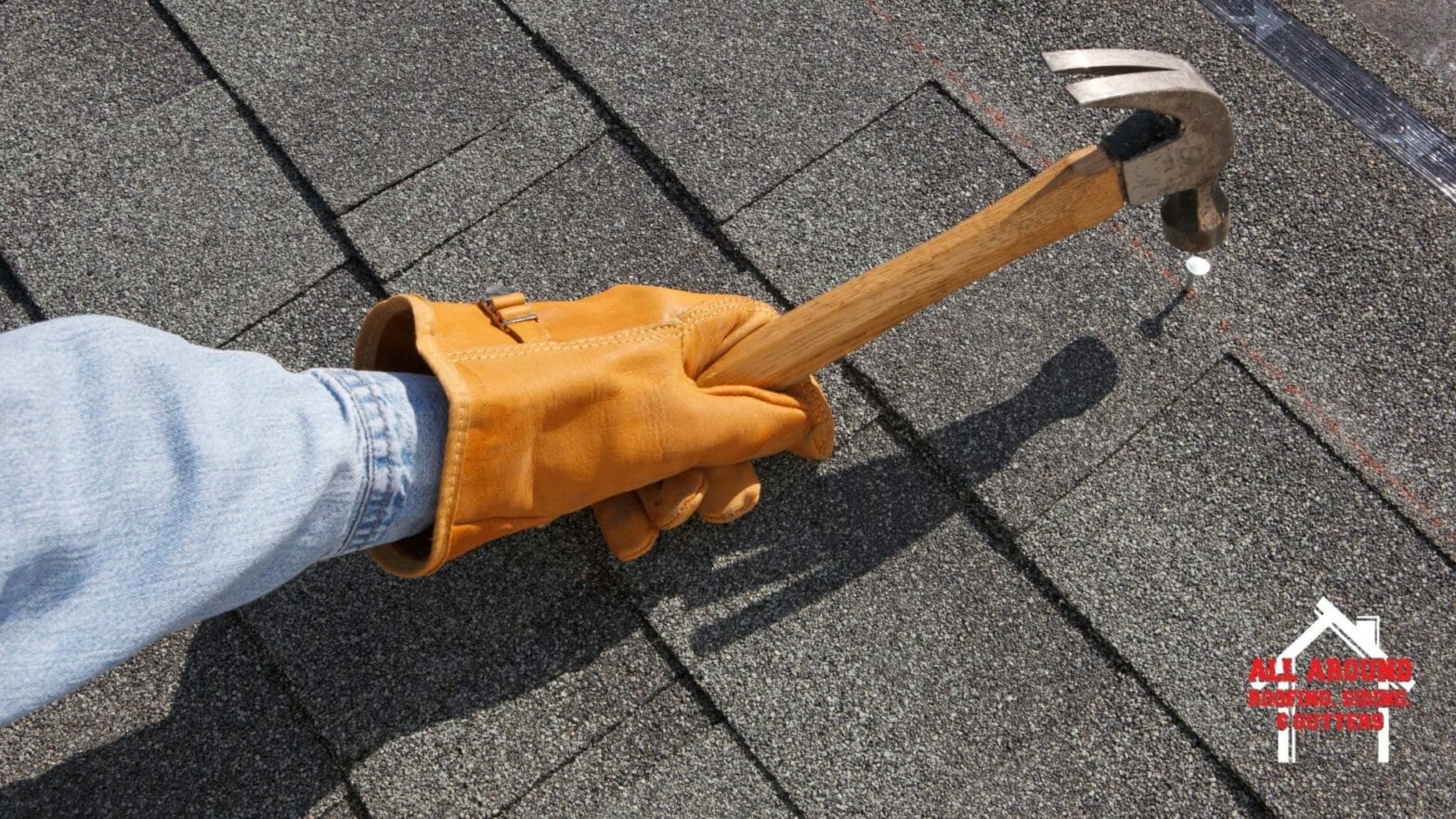
3 Key Takeaways
-
Modified bitumen roofing provides strong waterproofing, UV protection, and durability, making it ideal for flat and low-slope commercial and residential roofs.
-
Total project cost depends on membrane type, roof size, labor, installation method, roof penetrations, and existing roof condition, including tear-off and repairs.
-
Choosing premium materials, certified installers, and performing regular maintenance maximizes lifespan, reduces repairs, and delivers long-term savings.
Modified bitumen is one of the most reliable flat roofing solutions available for commercial and residential properties. This advanced roofing system combines traditional asphalt with polymers to create a membrane that delivers exceptional durability and weather resistance. Property owners often choose modified bitumen because it provides superior protection against water damage while offering excellent resistance to temperature fluctuations and UV rays.
A modified bitumen membrane consists of multiple layers that work together to create a seamless barrier against the elements. This roofing system performs particularly well on low-slope and flat roof applications where traditional shingles would fail. Commercial roof installation projects often use this material because of its proven track record and long-term performance.
Several factors influence the total investment required for a modified bitumen roof. The type of membrane chosen plays a significant role, as different options have varying thicknesses that affect overall project expenses. Labor costs are based on roof complexity, accessibility, and building height. Property-specific elements such as roof size, existing roof conditions, and necessary preparation work also impact the final investment. Roofing contractor services generally include the tear-off of existing materials, structural repairs, and disposal of old roofing components, each with its own price point. For property owners considering a flat roof replacement, understanding these costs can help successfully plan your project.
Factors That Impact Your Investment in a New Modified Bitumen Roof
Several elements determine the overall investment required for modified bitumen roof installation, with roof characteristics serving as primary factors. Roof size directly affects material quantities and labor hours, while complex architectural features such as multiple levels, rooftop equipment, or irregular shapes increase installation time and skill requirements. Buildings with limited accessibility can be especially challenging for roofing contractor services, as crews may need additional equipment to transport modified bitumen roofing materials to elevated work areas safely.
The condition of the existing roof system also influences the project scope and investment required. Flat roof replacements include removing old materials, which adds labor costs and disposal fees to the overall project. Structural work becomes necessary when the roof decking is damaged or deteriorated, which could compromise the new modified bitumen membrane’s performance.
Roof penetrations such as HVAC units, vents, and skylights require careful flashing installation that increases project complexity. Commercial roof installation projects often involve more penetrations than residential applications, affecting both material needs and labor requirements. The height and pitch of the roof also impact worker safety and equipment needs. Properties with multiple roof levels or challenging access points may require additional safety measures and tools, which influences the total investment for the modified bitumen roofing system installation. Each of these factors adds to the final cost of your project, making it crucial to request multiple quotes from qualified professionals before beginning work.
Material Costs and Membrane Options for Your Project
There are several types of modified bitumen, each with different characteristics and costs. APP (atactic polypropylene) membranes provide excellent heat resistance and UV protection, making them ideal for properties exposed to intense sunlight. SBS (styrene-butadiene-styrene) modified bitumen offers superior flexibility and adapts well to temperature changes without cracking or splitting. The thickness of the membrane also affects both upfront investment and long-term durability, with heavier membranes providing enhanced puncture resistance and extended service life.
Quality variations among modified bitumen roofing materials create significant differences in long-term value. Premium membranes feature reinforcement materials like polyester or fiberglass that increase tensile strength and dimensional stability. These higher-grade materials typically carry extended manufacturer warranties and demonstrate better resistance to weathering over time. Standard-grade membranes may offer a lower upfront investment but could require earlier replacement or more frequent maintenance.
Proper commercial roof installation requires additional materials beyond the membrane itself:
- Insulation boards improve building energy efficiency and create a stable substrate for membrane installation.
- Mechanical fasteners secure the system to the roof deck, and specialized adhesives ensure proper membrane bonding.
- Base sheets, cap sheets, and flashing materials complete the waterproofing system.
- Sealants, termination bars, and pipe boots protect vulnerable areas where the flat roof meets walls, equipment, or roof penetrations.
Without these additional components, the roof is vulnerable to weather damage and premature wear, ultimately needing expensive repairs down the line.
Labor and Installation Method Considerations
The installation method selected for modified bitumen roof installation directly affects labor requirements and overall project investment. Torch-applied installation is the traditional approach, where skilled technicians use open flames to heat and bond the modified bitumen membrane to the roof substrate. This method requires experienced roofing contractors due to fire safety concerns and the precision needed for proper adhesion without damaging the membrane. Torch application typically comes with higher labor rates because of the specialized skills and safety protocols required.
Cold-applied installation methods eliminate open flame risks by using specialized adhesives to bond modified bitumen roofing materials. This approach often reduces labor time and allows work to continue in conditions where torch application would be unsafe. However, cold-applied systems may require longer curing times and specific temperature conditions for bonding. Self-adhering modified bitumen membranes feature factory-applied adhesive that activates during installation, streamlining the application process and reducing labor requirements while maintaining excellent bond strength.
Certified contractor expertise is essential regardless of the chosen installation method. Proper commercial roof installation requires knowledge of manufacturer specifications, local building codes, and industry best practices. Experienced technicians understand how different weather conditions affect each installation technique and can adjust their approach accordingly. Quality workmanship during the flat roof replacement process directly impacts membrane performance, warranty coverage, and long-term durability. Selecting qualified roofing professionals ensures the modified bitumen membrane system delivers maximum protection and service life.
Comparing Modified Bitumen Costs to Other Flat Roofing Solutions
Modified bitumen roofing materials typically position themselves in the middle range of flat roofing options when comparing initial investment and long-term value.
- TPO has a simpler installation process and may contribute to energy savings over time due to its light-colored reflective surface, but generally costs more upfront.
- EPDM offers competitive material pricing with excellent longevity, though seam failures are a common maintenance concern that modified bitumen systems avoid through their multi-layer construction.
- Built-up roofing systems typically require a high initial investment due to multiple application layers and extended installation time.
Overall, commercial roof installation projects often favor modified bitumen for its balanced approach between upfront investment and long-term performance.
Additionally, maintenance requirements significantly influence the total ownership cost across different flat roof replacement options.
- TPO membranes may need earlier replacement due to seam separation and material degradation from UV exposure.
- EPDM systems typically require regular inspection and resealing of joints to prevent water infiltration.
- Built-up roofing systems might need periodic surface treatments and gravel redistribution.
Modified bitumen roofing materials have a consistent performance with minimal maintenance needs, making them attractive for property owners seeking reliable protection.
Getting Accurate Quotes and Budgeting for Your Installation
Obtaining estimates for modified bitumen roof installation requires providing contractors with comprehensive property information. Accurate roof measurements are essential for material ordering, while detailed photographs of existing conditions help roofing contractors identify potential complications. Property owners should document all roof penetrations, equipment locations, and accessibility challenges that could affect the commercial roof installation process. Building plans or architectural drawings provide context to structural elements and load-bearing considerations that influence the installation approach.
Asking questions during the bidding process helps property owners compare proposals effectively and avoid unexpected expenses. Contractors should specify which modified bitumen option they recommend and explain why particular membrane types suit the specific application. Installation method details reveal whether torch-applied or cold-applied techniques will be used and how weather conditions might affect project timing. Warranty information is crucial, as coverage terms vary significantly between different modified bitumen membrane systems and installation approaches.
Beyond basic installation expenses, several additional investments should be considered during project planning. Building permits are necessary for regulatory compliance and add expenses that vary by location and project scope. Disposal fees for existing roofing materials can accumulate quickly, particularly when multiple layers need to be removed. Structural reinforcement work may become necessary if the roof decking is deteriorated or lacks adequate support for the new system. Temporary protection measures during installation help safeguard building contents but add to the final total. Understanding these supplementary requirements enables accurate budget planning and prevents financial surprises during the modified bitumen roof installation process.
Maximizing Value and Long-Term Savings with Modified Bitumen
Choosing high-quality modified bitumen and professional installation significantly impacts the long-term financial benefits of this roofing option. Premium roofing materials with reinforced construction provide enhanced puncture resistance and weather durability that reduces future repair needs. Substrate preparation is necessary for complete membrane adhesion, preventing premature failures. This quality workmanship establishes a foundation for decades of reliable performance with minimal maintenance intervention.
Warranty coverage protects your investment while establishing clear maintenance expectations for long-term modified bitumen membrane performance. Manufacturer warranties typically require specific installation procedures and regular inspections to maintain coverage. Professional roofing contractor services often provide workmanship warranties that complement material guarantees, creating comprehensive protection against installation defects. Warranty terms explain to property owners which maintenance activities they must perform versus those covered under professional service agreements.
Proactive maintenance can extend a modified bitumen roof’s lifespan while preventing minor issues from developing into expensive problems. Regular debris removal prevents standing water that can stress membrane seams and accelerate material deterioration. Annual inspections identify potential concerns before they compromise waterproofing integrity, allowing targeted repairs that maintain system performance. Prompt attention to flashing details and penetration seals preserves the complete waterproofing envelope. These preventive measures maximize the return on flat roof replacement investments by ensuring the modified bitumen membrane delivers its full service life while minimizing unexpected repair expenses.
Expert Modified Bitumen Roof Installation Services in Your Area
Understanding the cost and value of a modified bitumen roof installation is important for property owners considering this membrane option. At All Around Roofing, Siding & Gutters, we specialize in delivering high-quality, durable roofing solutions tailored to your property. Whether you’re considering a new installation or replacing an old flat roof, our team ensures that every aspect of your project is handled with precision and care.
Don’t let budget uncertainties hold you back. Call us today at (937) 902-2839 to discuss your roofing project and receive a detailed, transparent quote that includes the cost of materials, labor, and any additional requirements specific to your building. Choose All Around Roofing, Siding & Gutters for reliable service and lasting results. Secure your property with a roof built to last. Call now and take the first step towards a superior roofing solution.




